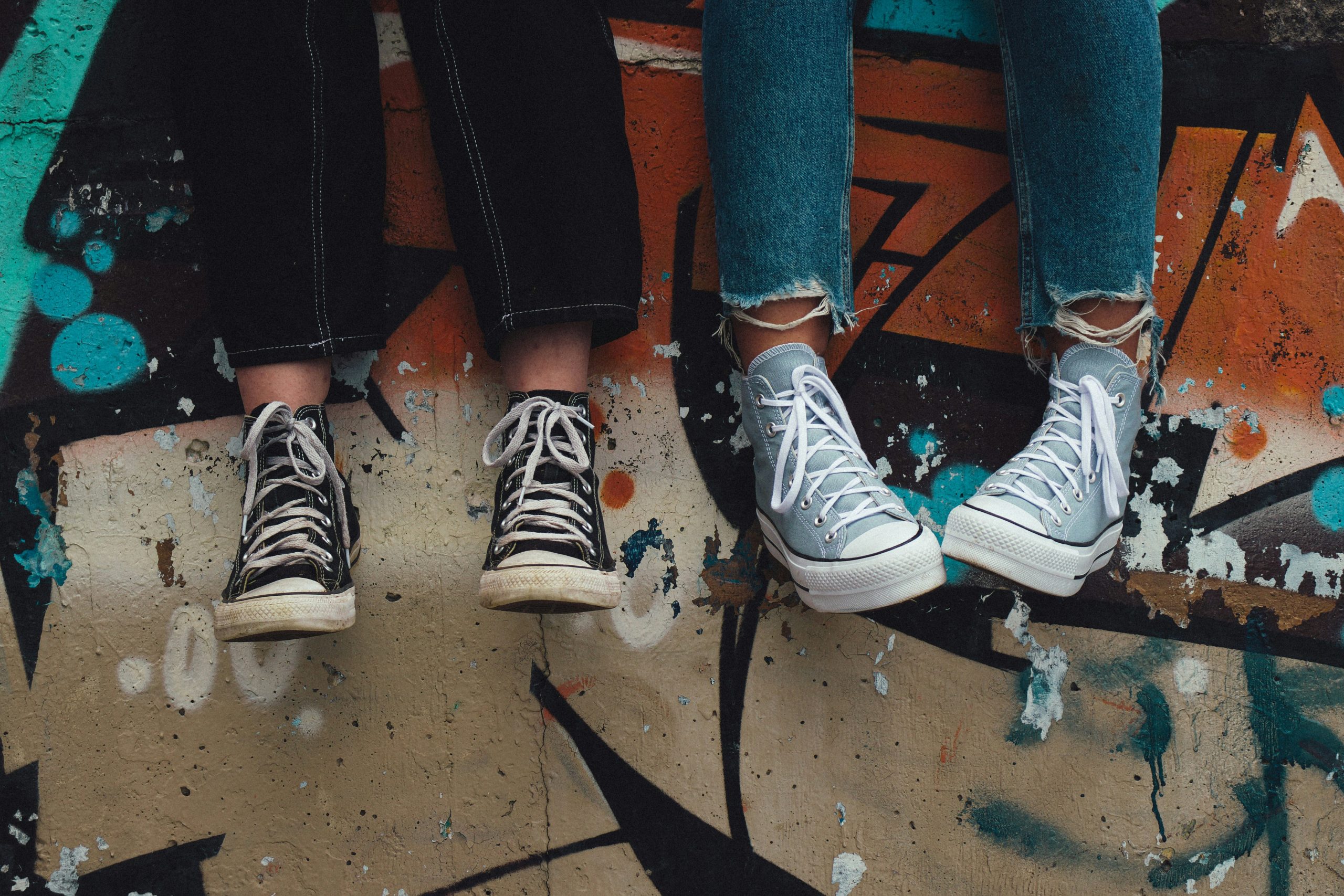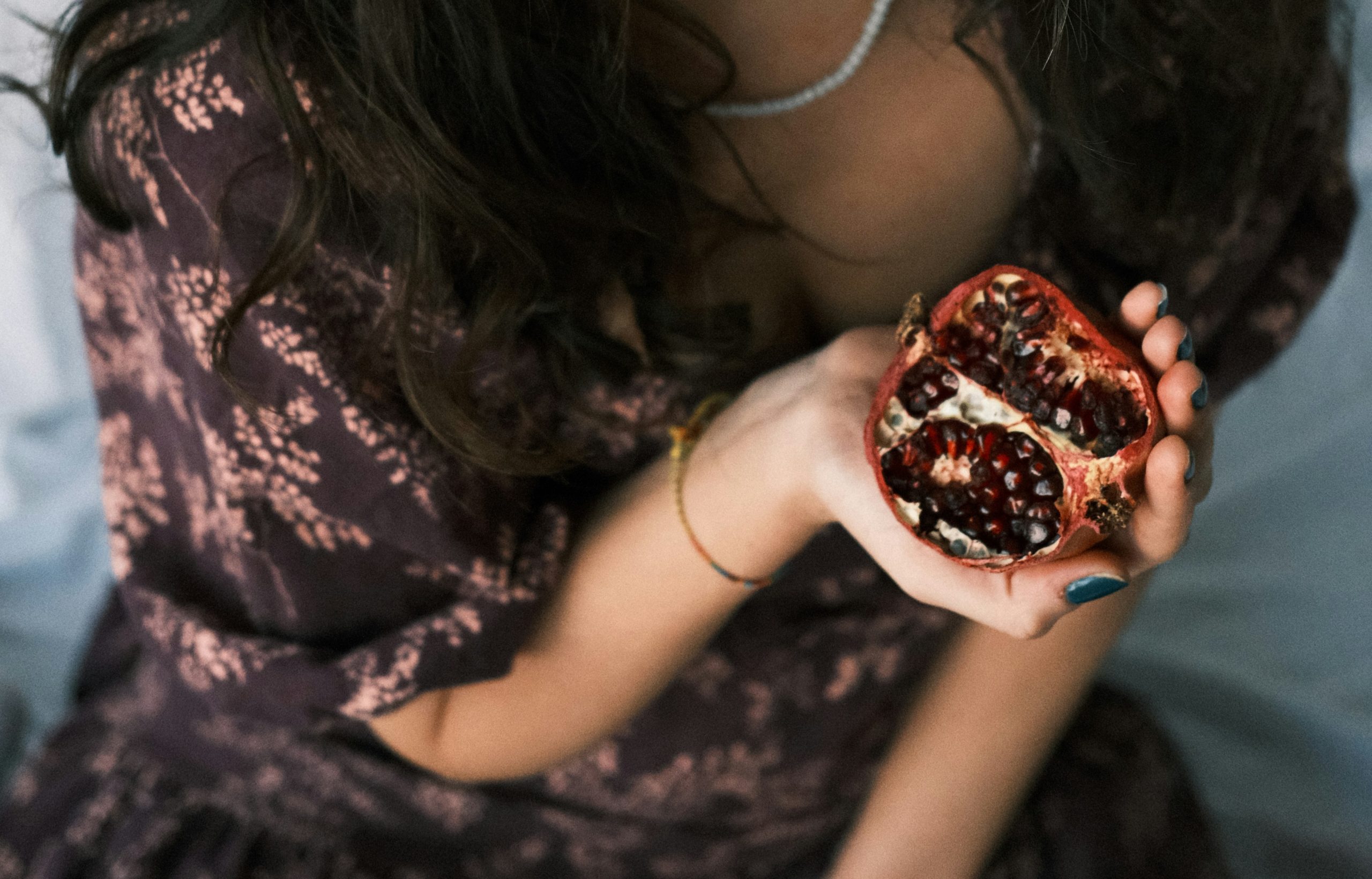news
I’m Afraid of Virginia Woolf: On war movies, adolescence, and the 50th anniversary of Albee’s…
I

I’m Afraid of Virginia Woolf: On war movies, adolescence, and the 50th anniversary of Albee’s masterpiece
Last year, my oldest friend, Dave, was serving in the US military at a base in southern Iraq, where rockets rained down near his trailer, driving his roommate to hand-build a wall made from paving stones and water bottles around their bunk. My wife, meanwhile, had accepted a job in Baghdad, where projectiles took paths close to where she slept. In the meantime I made a home for us in Istanbul, the closest reasonable city, where I could raise our young daughter. The situation wasn’t ideal, but it’s the one we had. Alone for weeks at a time, I’d think about growing up in Florida with Dave, meeting my wife in Asia, moving to New York, then lighting out for more difficult terrain. I’d pour myself a stiff drink, wondering how we’d all gotten here: Was life at all what we may have imagined, or hoped for?
***
It was always hot in Miami. Dave and I were the kids who wore trench coats and carried briefcases. We also read big books, the biggest we could find. Restless twerps, we jumped at the chance to attend a new magnet high school downtown.
The muggy commute required a bus to an elevated train, then another bus to the north 40s. During one three-hour round trip, sweating in south Florida’s stew, I finished “reading” The Brothers Karamazov. Waiting for a bus, covered in sweat, I lit a cigarette to mark the last words. So he killed them? Crazy!
Books were refuge from a young world I did not really understand, or enjoy. Rather than playing hacky sack or pretending to do Karate or swatting around a volleyball or impregnating some girl in the handicapped bathroom, Dave and I — well, I guess I can’t speak for Dave — but I, definitely wanted very much to be doing adult things, whatever those were. Waiting, we slouched in a corner, turning pages of tiny print, trying to find out.
Our pushers were two bizarre brothers who ran a used bookstore in a strip mall. Called the Kendall Bookshelf, the place made money on romance and horror. By the register was a sign over a couple of shelves that said “Literature.” The thicker of the two brothers — I’ll call him Ed — had twinkling eyes and a lip that curled at the world outside. And he was all too happy to aid in our search, even cutting us a deal if we’d help out, or at least hang out.
One day, I entered the store and Ed said he had something new. I remember the book: a teal-colored hardback with no dust jacket. It was a collection of classics. “OK, dude,” I said. Inside were familiar names — Voltaire, Dickens, Huxley — but some I hadn’t yet read.
I took the book home and started chewing through pages. One story got my attention. I hated reading plays, but this was some gangster shit — four adults staying up late, drinking and fighting and ripping themselves to pieces. I flipped to the table of contents and saw Virginia Woolf, an author I’d “read” that summer — did it concern life, or death? I finished the play, then realized it was actually by a guy named Edward Albee. I put the book down and moved on, in a hurry for more, more, more.
We were boys, and as much as we loved books, there were only so many hours we could devote to the semi-private act of reading, so we also watched a lot of movies. Specifically, ones about America’s war in Vietnam.
Why were war movies so gripping? Part of it was a desperate desire to escape the flannel and fun of the 90s, when the stakes seemed so low. War felt more real, and important. Full Metal Jacket had these great lines, and it didn’t hurt that a band we loved sampled that immortal slogan. (“Without my rifle, I am useless!”) I admit we probably watched Deerhunter on my parents’ couch, clutching air rifles, clad in army jackets. The night we did Apocalypse Now, I seem to recall I had to be woken up by the time we met Kurtz. Once I saw him, though, I felt like he was someone I’d never forget. But how to connect any of this to our actual lives?
One weekend Dave was busy. Perhaps, at the time, he had an actual girlfriend? Alone on a Saturday, I prowled the fluorescent halls of my neighborhood Blockbuster. I was tired of Vietnam, but Disney movies and sports bloopers didn’t seem any better. Then, on an obscure shelf, I found an adaptation of that Albee play.
Back home, parents asleep, I confronted a black and white screen. Elizabeth Taylor, who played the lead, started showing some thigh and poured herself another drink, and I started paying attention.
The movie takes place in a house on a New England campus. Taylor and her husband, the giant, manly Richard Burton, are in love but locked in sweet hatred. Onscreen, it’s two in the morning. It was past midnight in Miami. The adults are slinging back hard liquor. I watched as a math professor and his wife arrive. They all pour more drinks, there is sexual tension, and things get intense.
Later that year, I would go to college. For now, I lived at home and did not have a girlfriend, nor did I have hard liquor. I mainly wanted to get the fuck out of Miami and maybe get myself to a New England college campus, where things might start moving in the right direction.
Sitting on the couch, watching four erudite adults locking horns, words flying, I realized how, in a way, the Albee film was as violent and urgent as any of the ones with DeNiro or Brando. As a boy who wanted to be a man, desperate for something with real gravity, I was surprised to find that a silver-tongued battle among dogged adults was as horrifying and thrilling as any war movie I’d ever seen.
Becoming more and more engrossed — Oh, my, Taylor is trying to strangle that woman! — I realized maybe what I’d always wanted, more than marches and protest and Jimi Hendrix booming off speakers in some doomed helicopter, was to drink and fight and be married and maybe have a math professor come over once in a while to help keep things interesting.
***
Eight years later, I lived in New York, where I was married and worked as an editor and even had friends who were professors.
It was a sticky week in August, my wife’s birthday was in a few days, and we were celebrating by going to see that saucy old play, the one that had served as a kind of benchmark of cool, of how two people might be both good and bad together. It had never really left me — “Who’s Afraid of Virginia Woolf?” — and I was eager to take fresh measure.
Kathleen Turner was playing the lead. On paper, she seemed a savvy casting choice. She was a staggering giant of a woman: as fiery as she was blunt. Almost immediately, Turner’s hair became unpinned. She bellowed and stomped around. Water beaded on her forehead, ran down her face, and streamed into her mouth. The audience gasped in admiration. But there was as much silence and awe as roars of understanding.
I can’t say how many of us in that dark room were measuring the night against other versions we’d seen, or indeed, against our own lives. The show hadn’t earned raves. But Turner was a raging bull of a woman and her husband, played by Bill Irwin, was this comic disaster, and between the two of them, fists flying, I held my breath.
The lights onstage burned and the house air-conditioner struggled against summer heat, and in the dark I sat there, squirming. Turner’s nostrils flared, and she yelled for Irwin, who she was meant to hate and love at the same time. “Hey Swampy,” she said, and the word was a detonation, a five syllable explosion, and I reached for my wife’s hand, wanting desperately to take her far away, to grow old with her, to never fight and always to make up and hopefully to do all that forever. What had at 17 moved me to yearn for a new present now made me panicked about the future. I may have envied DeNiro his war or Burton his battle, but I never really wanted to suffer.
***
Dave survived the war and my wife was on the border the day the final American soldiers rolled out of Iraq. These days, she and I live in a new corner of the Middle East — lovely and tragic Beirut, next to the spiraling mess of Syria — and on bad days I suppose we long for Baghdad or Istanbul, which we’d been so eager to leave. Dave, meanwhile, is back in Miami, perhaps scarred by what he’s seen, or perhaps not. He’s married, too, trying to make a new life, and he wrote me recently to say he was eying a job in law enforcement. Fifteen years since I’d first read Albee — 50 years since the play’s debut — adulthood was both better than I’d hoped for and more complicated than I could have imagined, and I poured myself a stiff drink.
***
— Nathan Deuel lives in Beirut and is an MFA candidate at the University of Tampa. He has written essays for The Paris Review, Salon, Slate, The Awl, and the Los Angeles Review of Books, among others, and was previously an editor at Rolling Stone and the Village Voice. On January 15, he is giving a reading with Philip Lopate, as part of KGB Bar’s True Story nonfiction series.









